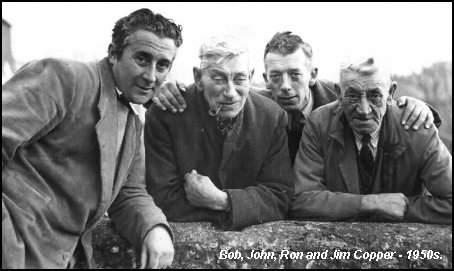
We visited the Isle of Skye in May and happened across a harbour front pub, The Pier Hotel, a real seafaring fisherman's pub overlooking Portree harbour. The clientèle still wore their fishy working clothes and in the corner a duo, two men in their seventies, played fiddle and accordian, both great musicians whipping up a storm with tunes everyone knew and loved. The heaving throng joined in with the slower wistful Scottish ballads and whooped to the faster dance tunes, jigging in the tight packed space. This was one of those holiday highlights where you feel you've got to the heart of a community and experienced something authentic of their culture.
Back in Oldham I reflected on how once again the Northern mill towns had been deprived of any kind of culture with a heritage going back centuries - no Robbie Burns for us. Our forebears migrated from the country for work brought by the booming cotton economy. They sacrificed their various cultures for an all new mill based community, based on leisure activities graciously provided by mill owners - the working mens' clubs and brass bands, for example.
My grandparents loved a sing-along at church social functions, where they sang songs of the musical hall or war time ditties. Then in the seventies they taught us, their grandchildren the words of the old songs and told us that these new loud songs would never catch on - "you won't be singing them round the piano in twenty years time" they used to tell us.
And they were right weren't they?
On Saturday we had a night out in a pub with a bit of a dubious reputation in Oldham - the sort of place you can be sure of a fight with your pint - there was a karaoke night. Mrs C and I joined a rowdy group of her colleagues for, rumour had it, was one of the best nights out around.
The start did not auger well, the place was shabby and the red faced hardened drinkers looked like they'd been in since they'd left work some considerable time before. Then the place filled up and by 10.30h was buzzing with young people and old, most of them knew each other, some had uncles, aunts and parents in the pub too.
The karaoke was indeed great fun with singers falling into two distinct camps: the wannabe diva and the drink addled trier. I preferred the triers, the ones who took on a challenge and failed to meet it, the ones where you heard the first bars of the song and said, "OMG he's not trying that one is he?!"
My favourite was Bert, dressed in what looked like the sweater he had for Christmas, in 1990, bright red face, legs that refused to keep him in one position for long; Bert belted out Robbie Williams' Angels with all the big-stage enthusiasm of Robbie himself, only three bars behind the rest of the song (that's Bert pictured above).
The thing was, nobody cared because we were all joining in with Bert, or with Terry who slaughtered Oasis's Wonderwall this was our community singing: tunes we all knew and loved that resonated with us. They might not have had a heritage traceable back through the annals of time but this was a culture in the making - I think my Gran would have been proud, even if she couldn't have said so for having to eat her words.

